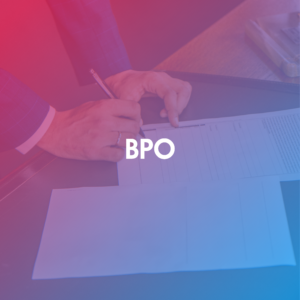

RPA in Mortgage Industry
Watch Demonstration
The mortgage industry is highly process driven. A failure to adopt a single process can result in regulatory action, leading to a large fine. At the same time, the industry must manage customer expectations of a quick turnaround time for their applications. These overlapping demands often lead to errors and lower customer satisfaction. Digital technologies such as RPA can help the mortgage industry realise many benefits, such as improved efficiency, reduced operational costs, and increased employee retention. RPA can automate any rules-based task, allowing mortgage lenders to reallocate staff to more pressing and value-addition tasks.
Challenges in the Mortgage Industry
High Turnaround Time
The mortgage industry is notorious for its high turnaround time, which is one of the reasons for low customer satisfaction.
Underwriting Risks
Overlooking critical pieces of information during the underwriting phase can expose a mortgage lender to unnecessary risk.
Complaint Handling
A timely and effective response to complaints can improve the mortgage lender’s reputation and customer satisfaction rate.
Communication
With so many products, communicating the right product to the customer based on their financial information is a pressing issue.
Manual Information Processing
Employees must evaluate all entered information manually, which leaves the door open for human error and miscommunication.
Costs
The industry is facing net profit margin compression, which puts pressure on the organisation to reduce operating costs.
RPA Use Cases in the Mortgage Industry
Fraud Check
Mortgage fraud is on the rise and can cause considerable damage to the organisation’s financial viability. RPA can help mortgage lenders automate the fraud check process and reduce fraud. RPA can analyse the documents attached to the mortgage application, cross-check with the organisation’s database, and scrape data from external websites/source regarding the applicant.
Expedite Applications
A typical loan application goes through 12 – 20 users before the mortgage lender approves or rejects it. Many areas in the entire process can be automated, removing the need for many users to review the application. It can expedite the application process, thereby improving client satisfaction. It can lead to role redundancy, reducing operating costs and improving net profit margin.
Vendor Billing Reconciliation
Mortgage lenders onboard a large number of vendors for different vendors, including credit checks, fraud mitigation, employment verification, and asset repossessing. When the lender receives the bill, they must manually cross-check each document with their internal worksheet. It can take considerable time and effort. RPA can automate the entire process, removing need for human input.
Report Generation
Mortgage lenders can greatly benefit from RPA in generating automatic reports. RPA bots can analyse data across several sources, which can be instrumental in generating suspicious activity reports (SARs) and flagging suspicious transactions. It can alert users and customers about due loans, combine data across several organisational branches, and send reports to the required stakeholders.
Way Forward
Agile Managex Technologies offers RPA solutions in Dubai and globally. Have a look at our existing RPA solutions or request a customised one. We offer RPA solutions for different industries.














